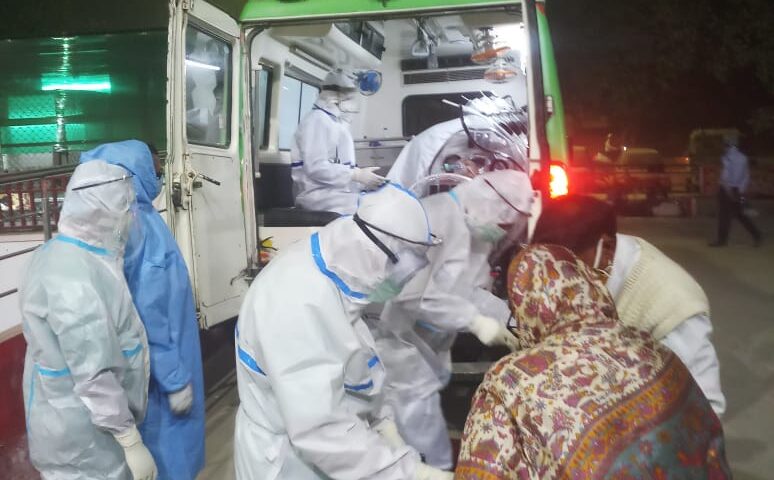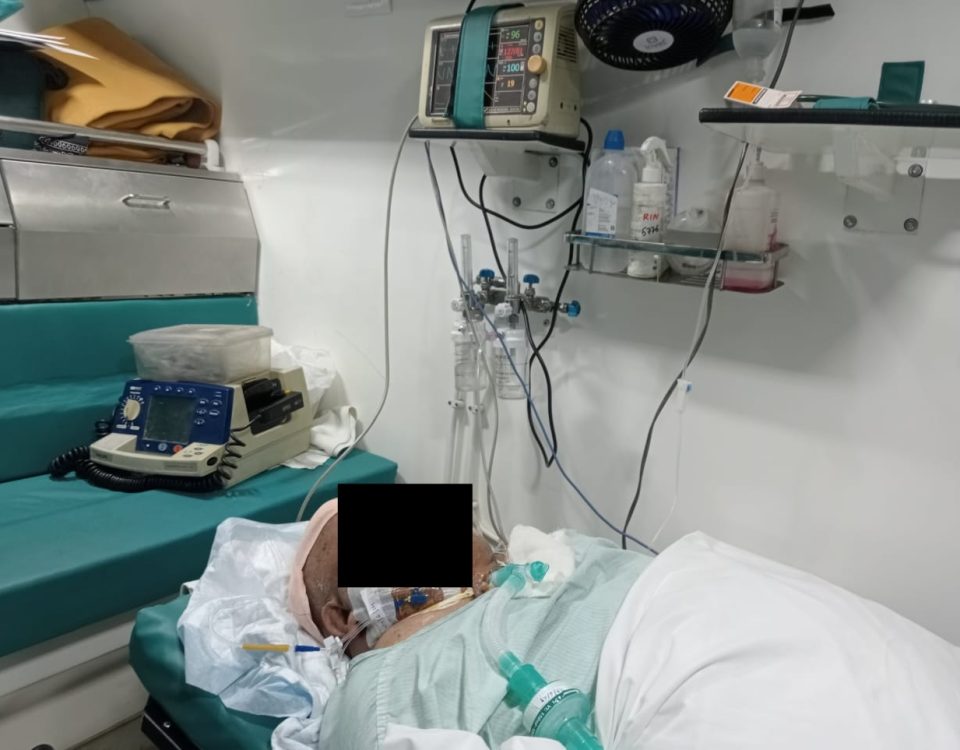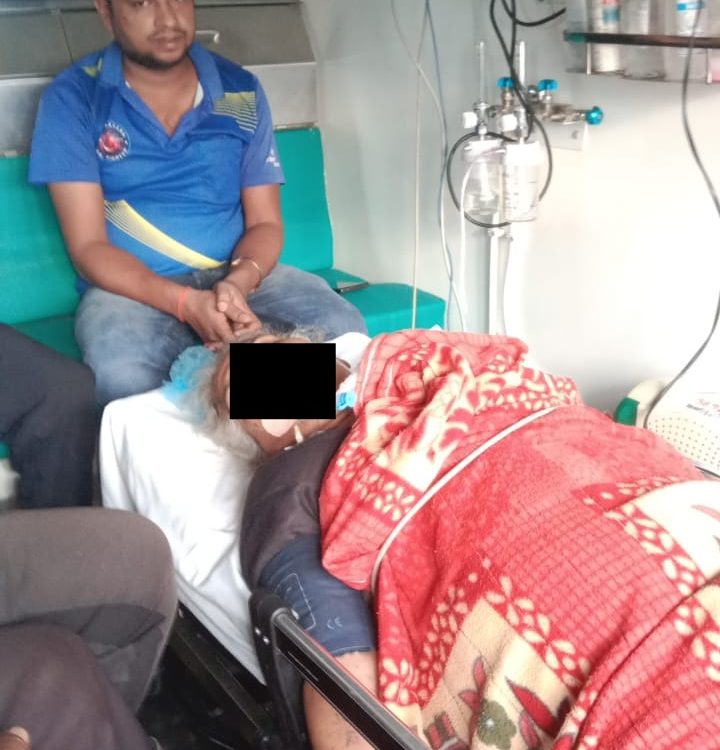Call Life Savers Emergency Ambulance In Heart Attack

With increasing levels of stress in today's life and the constant pressure we experience with deadlines hovering over us, heart attacks are becoming frequent in the younger generation too. Despite leading a healthy lifestyle, though rarely, people can fall prey to them. Knowing how hard the emergency medical staff works when you or your loved one is brought with heart complaints can provide you with a sense of comfort when such a condition arises.
Below is a step-by-step breakdown of the entire process, along with best practices you should follow as a guardian.
The journey from patient's location to Hospital
Via Medical Life Savers Emergency Ambulance
Despite the typical depiction in movies, people can suffer from a heart attack without showing any severe symptoms.
It is a must you don't drive your loved one and instead call for an advanced life-support ambulance. The reason: on your way, you will be accompanied by a medical technician who can perform an ECG test. In case they find some complications, the report can be instantly shared with the hospital staff providing them valuable insights. In addition, it establishes a firm ground for your loved one's treatment.
In most cases, the chances of a cardiac arrest are slim. However, if an instance arises, the professionals will successfully perform cardiopulmonary resuscitation.
These interventions can end up saving the patient's life.
Via Your Own Car
As soon as you reach the hospital and reveal your suspicion of facing a heart attack, you will be shortly admitted to a cardiology ward.
Allocating a doctor to you can take approximately 10 minutes. It is now that the doctor will prepare for an ECG test and monitor your report.
If you are accompanied by your loved one, he will definitely demand your medical history from him/her.
Upon analysis, they will make any of these three conclusions:-
Blocked Artery - It is treated with surgery or blood thinners.
Muscle Damage - Medication is administered to improve your condition and fasten the pace of healing. The doctor might also implant a device on your chest for easing the burden over your heart.
No Heart Dysfunction - Pain in your heart can occur due to other ailments like acid reflux, inflamed gallbladder or pancreatic issues.
Even if you get a clean chit, a thorough assessment of your heart is done before sending you home. The below are some standard tests a cardiologist will conduct.
Troponin Drug Test
ECG can’t be completely relied on. You might suffer from another heart episode after you leave the hospital. Further, the medical staff wants to take the right course of action and make sure everything is perfectly normal. So, after ECG, they try to deduce heart malfunctioning with the help of Troponin administration. Appropriate doses of Troponin are injected into your bloodstream.
Afterwards, a blood test is done to analyze the heart damage. The doctors conduct the test more than once with an interlude of a few hours between the dosage.
You will have to stay in the emergency room for 7-10 hours.
They also take into account the location where the pain struck first, the patient’s overall health, comorbidities, if any.
X-Ray of Chest
The chest pain can be a sign of other underlying diseases you might not be aware of. So doctors restore to an X-Ray next to better understand your condition and identify problems that can otherwise go unnoticed.
Exercise Stress Test
The last check they will perform to gauge your heart health is an exercise stress test. You are asked to undertake different exercises. With every physical activity, your heartbeat and blood pressure is measured.
In case everything goes well, you can happily return home. The doctor will declare your heart issue as a minor problem.
Medication
They can administer painkillers and antidepressants to improve your current condition if pain still persists.
Disclaimer: We at LifeSaver Ambulance publish these informative guides to spread general awareness about the grave health problems in our readers. Our blogs by no means equate to medical advice.



